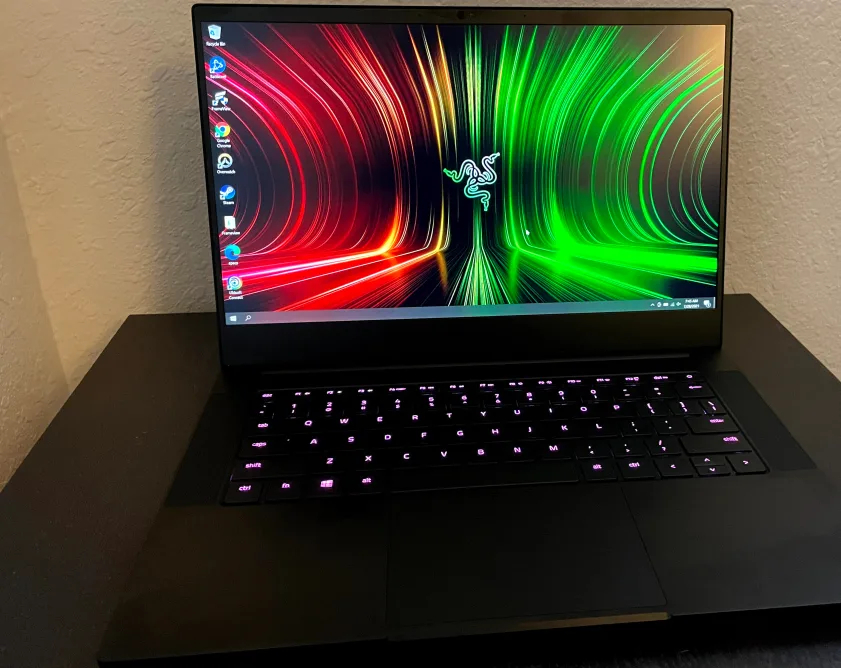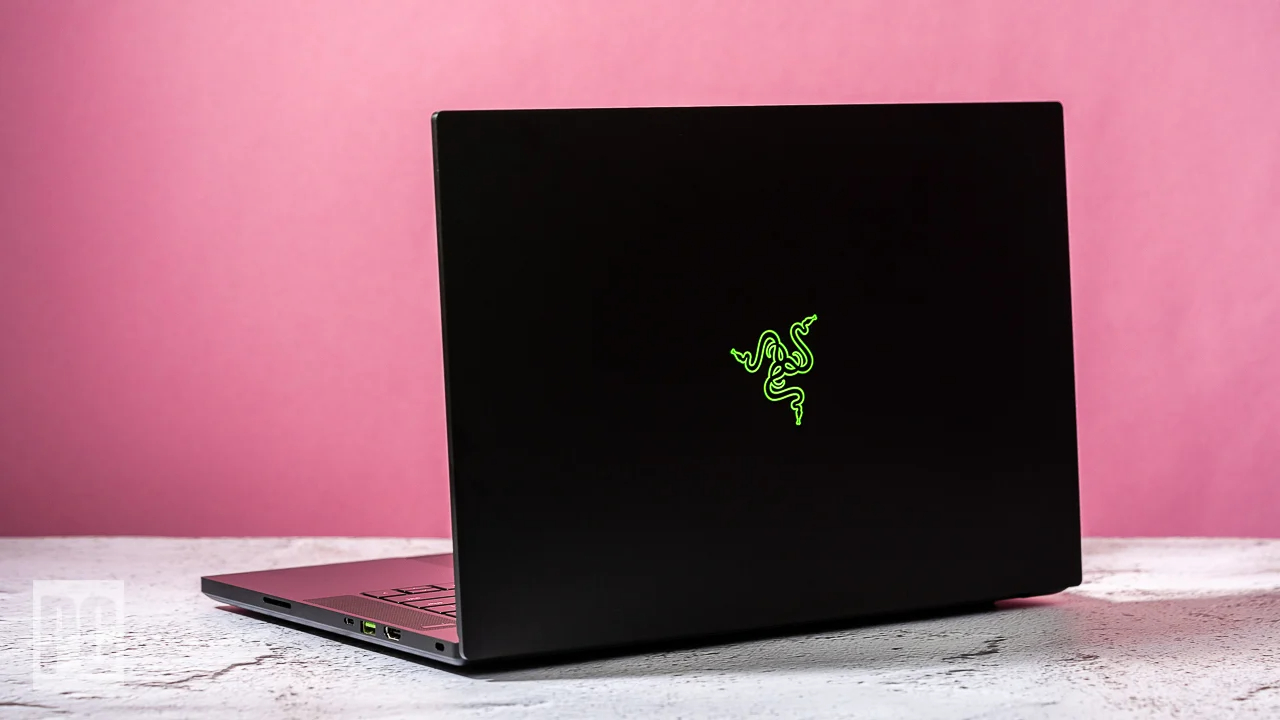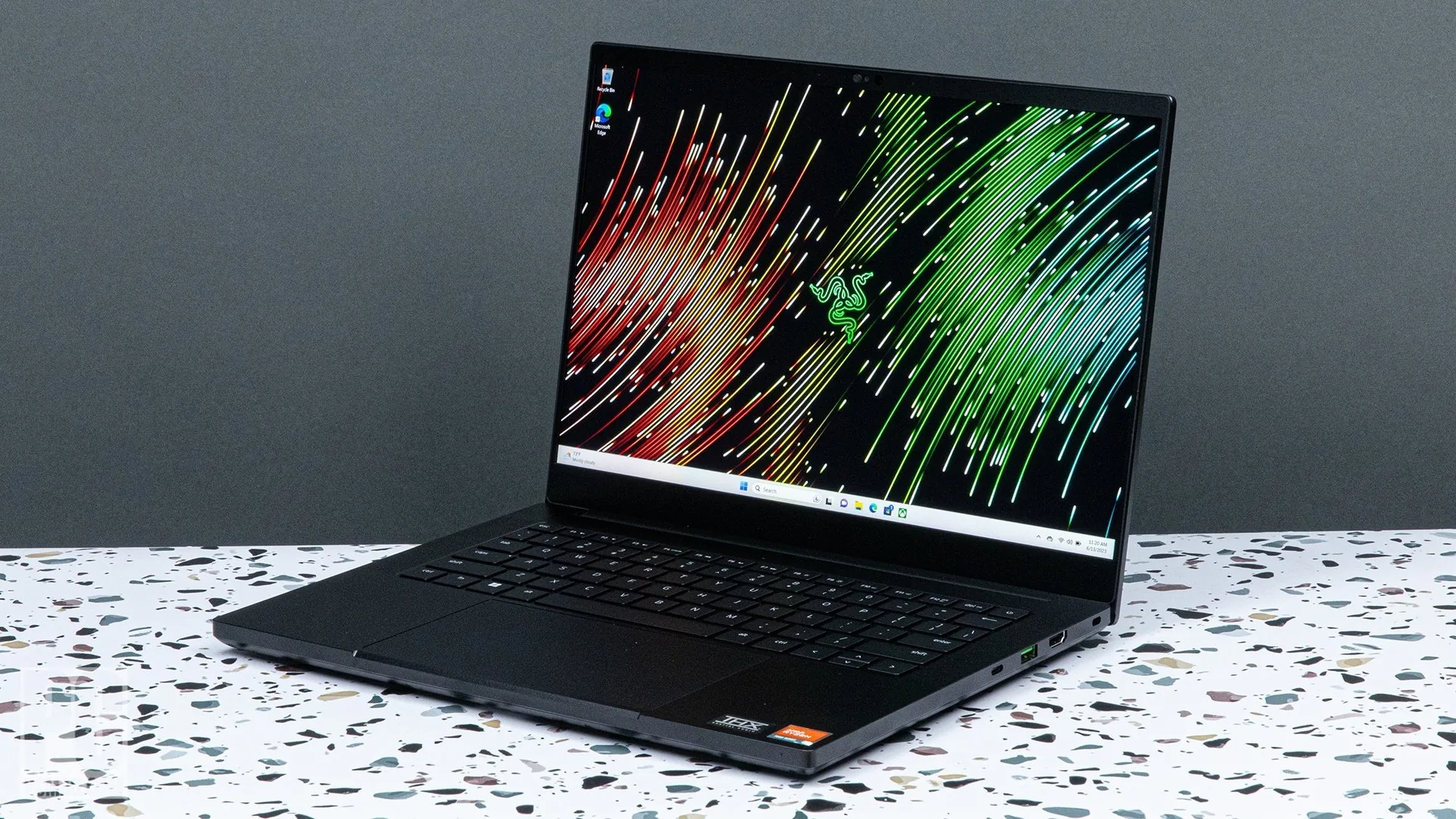For gaming aficionados and professionals alike, a Razer laptop is a prized possession, but its battery can wear out over time. Replacing the battery can give your Razer laptop a new lease on life, and doing it yourself can be both rewarding and cost-effective. This article will guide you through the DIY process of replacing your Razer laptop’s battery, providing you with comprehensive tips to prepare for the replacement, complete the process safely, and maintain the health of your new battery.
Setting the Stage for a Success
Identifying Your Razer Laptop’s Needs
To start, determine your Razer laptop’s model since each one may require a different battery type. Check the laptop’s manual or look up the model number online to find the exact battery specifications needed. Using the right battery ensures compatibility and optimal performance.
Collecting the Required Tools
In addition to the new battery, you will need several tools for the replacement process. These include a professional electronics repair kit with various screwdriver sizes, a non-conductive pry tool for opening the laptop, and an anti-static wrist strap to ground yourself and prevent static damage to the laptop’s components.

The Battery Replacement Process
Safely Accessing the Battery
Make sure your Razer laptop is turned off, unplugged, and cool to the touch. Lay it on a flat, clean surface and ground yourself with the anti-static wrist strap. Begin by gently unscrewing and removing the back panel of the laptop to reveal the internal components. Take care to organize the screws as you remove them to make reassembly easier.
Removing and Replacing the Battery
Locate the battery within the laptop’s chassis. It will typically be connected to the motherboard with a cable or connector. Carefully disconnect this, being mindful not to pull on the wires. Unscrew the battery, if necessary, and gently lift it out of the chassis. Place the new battery in the same position as the old one, reattach the connector, secure any screws, and ensure there are no loose parts or tools inside before reattaching the back panel.

Safety Tips Throughout the Replacement
Proper Handling of Laptop Batteries
Laptop batteries, especially lithium-ion ones, require careful handling. Avoid using metal tools that can short circuit the battery contacts, and never use excessive force. If the old battery is damaged or swollen, handle it with extra caution and dispose of it properly at a recycling center.
Creating a Safe Work Environment
Choose a workspace away from food, liquids, and any flammable materials. Ensure good ventilation, particularly if you’re working with a damaged or swollen battery. Keep pets and children away to avoid accidents and distractions.

Maximizing Your New Battery’s Life
Correct Charging Techniques
After successfully installing your new battery, do not immediately power on the laptop. Instead, connect the charger and allow the battery to charge to its full capacity. This can calibrate the battery and the laptop’s power management system, ensuring accurate battery level readings going forward.
Ongoing Maintenance and Care
To extend the new battery’s lifespan after the initial charge, avoid leaving your laptop plugged in at all times. Use the battery until it’s partially discharged, then recharge it to keep the electrons moving. Avoid exposing your laptop to extreme temperatures, as excessive heat can accelerate battery degradation. Regularly cleaning your laptop’s vents and fan can also help prevent overheating, which benefits both battery health and overall laptop performance.

Ensuring Compatibility and Safety
Double-Checking Battery Specifications
Reiteration is key: make sure the replacement battery you purchase matches the original specifications. Even within Razer’s product line, small differences could result in incompatibility. Look for the voltage, wattage, and physical size to align with your laptop’s original battery.
Awareness of Warranty and Support Policies
Be aware of your laptop’s warranty status. A DIY battery replacement may void any remaining warranty. If your laptop is still under warranty, or if you’re uncomfortable with DIY repairs, consider seeking help from Razer’s official support channels.

The Importance of a Clean Workspace
Organizing Your Replacement Area
Set up a well-lit, clutter-free area to work in. A clean environment will help prevent losing screws or small components and reduce the risk of accidental spills or contamination. Lay out your tools and the new battery within easy reach to streamline the replacement process.
Preventive Measures Against Static Damage
Static electricity is a silent component killer. Besides using an anti-static wrist strap, you can also work on an anti-static mat to reduce the risk of static discharge. Ground yourself frequently if you don’t have a strap, especially before touching electronic components.
After the Installation: First Boot and Calibration
Booting Up and Checking Functionality
Once the new battery is in place and the laptop is reassembled, boot up your Razer laptop to verify that it recognizes the new battery. Check the battery icon in the operating system to confirm it’s charging and monitor it to ensure it reaches a full charge.
Battery Calibration for Accurate Readings
After the initial full charge, use the laptop on battery power until it reaches a low battery level, then charge it uninterrupted back to full. This process, known as battery calibration, can help align the battery’s actual charge state with the charge indicator in the operating system.
Long-Term Battery Health and Efficiency
Regular Battery Maintenance
Adopt a routine that includes fully discharging and recharging the battery every few weeks to maintain its efficiency. Avoid leaving your laptop in hot cars or in direct sunlight for extended periods, as high temperatures can cause permanent battery damage.
Software Updates and Power Management
Keep your Razer laptop’s software, including the BIOS and battery firmware, up-to-date. Manufacturers often release updates that can improve battery performance and longevity. Utilize built-in power management settings to optimize battery life, adjusting screen brightness and setting the laptop to enter sleep mode when not in use.
In summary, replacing your Razer laptop’s battery is a manageable task that can restore full functionality and independence to your device. By carefully preparing, following precise steps, and observing safety precautions, you can successfully perform a battery replacement at home. Once the new battery is in place, proper charging habits and ongoing care will help ensure that your Razer laptop continues to power through your most demanding tasks. Remember, while DIY projects can be rewarding, if you encounter difficulties or have concerns about the process, seeking professional assistance is always a safe and wise option.


